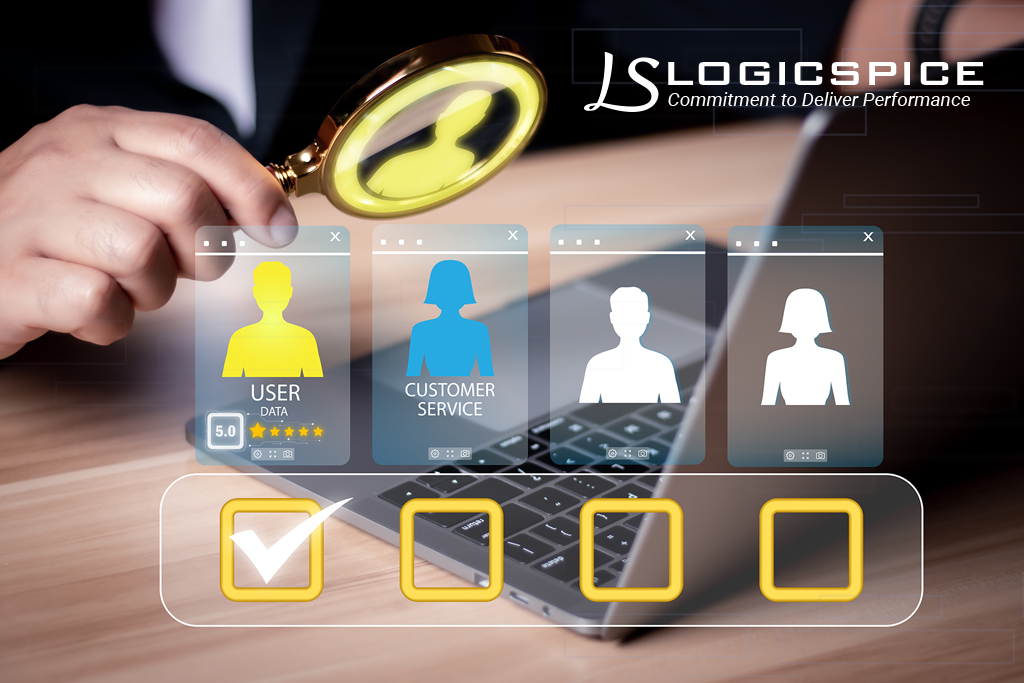
In today’s fast-paced and digitally connected world, the landscape of employment and recruitment has undergone a radical transformation. Gone are the days when job seekers relied solely on newspaper classifieds or bulletin boards to find employment opportunities. With the rise of the internet and digital platforms, job searching and talent acquisition have become more streamlined, accessible, and efficient. At the heart of this transformation lies job board software — a technological solution that facilitates the connection between employers and job seekers through dedicated online platforms. This software offers a myriad of benefits to recruiters, hiring managers, job seekers, and entrepreneurs looking to build niche employment platforms. In this essay, we explore the multifaceted advantages of job board software and how it has become a cornerstone in modern recruitment.
1. Enhanced Accessibility and Reach
One of the most significant advantages of white label job board software is its ability to broaden access to job opportunities. Job seekers from all corners of the world can easily browse listings, apply for jobs, and connect with employers through online platforms powered by job board software. For employers, this means an expanded talent pool that is no longer limited by geography. Especially in an era where remote work is increasingly accepted, this global reach is invaluable.
Moreover, many job board platforms offer mobile-friendly interfaces and integrations with social media, enabling users to access job listings anytime and anywhere. This continuous availability increases user engagement and helps both employers and job seekers stay connected in real-time.
2. Streamlined Recruitment Process
Job board software simplifies and automates the recruitment process, making it more efficient for all parties involved. Employers can create detailed job postings, manage applications, and communicate with candidates all within a single platform. Features such as applicant tracking systems (ATS), resume databases, and automated email responses reduce administrative burdens and help HR departments save time.
Job seekers, on the other hand, benefit from the ability to upload resumes, fill out profiles, set job alerts, and apply to multiple positions with a few clicks. These functionalities make the job search process more organized and less time-consuming.
3. Customization and Niche Targeting
Another notable benefit of modern job board software is the ability to customize job boards for specific industries, skill levels, or demographic groups. Whether it’s a platform for tech jobs, healthcare positions, freelance gigs, or university graduates, job board software can be tailored to serve a niche market. This not only creates more relevant experiences for users but also increases the likelihood of successful job placements by aligning specialized employers with qualified candidates.
Niche job boards also foster a sense of community among users who share similar career interests or backgrounds. This community aspect can encourage repeat visits, referrals, and long-term user engagement, making the platform more sustainable and profitable over time.
4. Cost-Effectiveness and Monetization Opportunities
For businesses, implementing job board software can be a cost-effective recruitment solution compared to traditional hiring methods such as print advertising or third-party recruitment agencies. Many job board platforms offer subscription models, pay-per-post options, and bulk pricing, allowing employers to choose the most suitable and affordable plan for their hiring needs.
Furthermore, job board owners can generate revenue through various monetization models. These include charging employers for posting jobs, offering premium listings, providing access to resume databases, selling advertising space, and offering membership tiers for job seekers. Such diverse income streams make job board software an attractive business venture.
5. Advanced Analytics and Reporting
Job board software often comes equipped with analytics tools that provide valuable insights into user behavior, job performance, and hiring trends. Employers can track metrics such as the number of views, applications, and conversions per job post. This data allows them to refine their job descriptions, optimize posting times, and improve their overall recruitment strategies.
Similarly, job seekers can receive data-driven feedback on their applications, helping them understand how they compare to other applicants or how their resumes are performing. These insights contribute to a more informed and empowered user experience on both sides.
6. Integration with Other Tools and Platforms
Modern job board software is highly integrable, meaning it can seamlessly connect with third-party services such as human resource information systems (HRIS), customer relationship management (CRM) tools, email marketing platforms, and social media networks. This level of integration enhances operational efficiency and allows users to manage their recruitment activities in a centralized and cohesive environment.
For example, a company can post a job on its job board, automatically share it across LinkedIn and Twitter, and track all incoming applications in its ATS — all through integrated features of the job board software. Such seamless connectivity reduces friction and increases productivity.
7. Scalability and Adaptability
As businesses grow or market demands change, job board software offers the scalability to accommodate evolving needs. Whether it’s increasing the number of job listings, adding more users, or expanding into new geographical markets, the software can be scaled up without major infrastructural overhauls.
In addition, many platforms are built to be adaptable, allowing administrators to change the design, features, and workflows based on user feedback or emerging trends. This flexibility ensures that the job board remains relevant, competitive, and user-friendly over time.
8. Security and Data Protection
Data security is a critical concern in the recruitment industry, where sensitive information such as resumes, personal details, and employment history is exchanged regularly. Reputable job board software providers prioritize robust security features, including encrypted data storage, secure login systems, GDPR compliance, and regular security updates.
These measures help build trust among users and ensure that their information is handled responsibly. This trust is especially important when dealing with passive job seekers who may be discreetly exploring opportunities without alerting their current employers.
Job board software represents a transformative force in the world of employment and recruitment. By enhancing accessibility, streamlining processes, enabling customization, offering monetization potential, and providing powerful analytics, it has redefined how employers and job seekers connect. Its benefits extend beyond just convenience — it creates new business models, democratizes access to opportunities, and fosters innovation in the recruitment sector.



